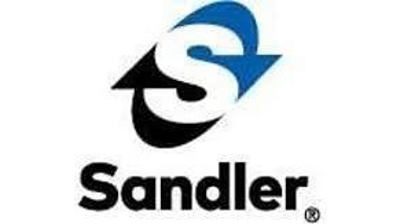Written for The Nova Scotia Business Journal
“That’s not at all how it happened!” My sister and I were recalling an incident from our childhoods and after I told the story, that was her reaction.
Have you ever been engaged in a conversation, meeting, or other experience and discovered after the fact that your recollection of what happened was completely different than the others' recollection? That's because we tend to hear what we want or expect to hear. It's a natural process, and often it helps us by filtering out information that is not useful to us. Sometimes though, we miss crucial information and we make assumptions that harm us and our relationships. If we approach each conversation as an opportunity to learn something new, and we go into it with an open mind, we will be more likely to hear what is really intended to be heard.
Customer service providers run into this exact issue often: thinking one thing was going to happen only to find expectations were misread. Perhaps it’s the “happy ears”, or the language used is open to interpretation; it has one meaning for us, and something different for our customer. Or, we establish next steps without getting clear consent from the customer and they haven’t agreed to it at all.
Whatever the reasons we are certain of one thing. Miscommunication can lead to disappointed, upset customers, or confrontation. Not having a clear future, mutually agreed upon next steps, can lead to trouble.
Establishing a strong up-front contract with a customer cannot only avoid these problems; an up-front contract will “sum up” what you believe the next steps are, so both of you are on the same page. It might sound like this: “John, thanks for coming in today. Just to make sure we’re on the same page, can I review what will happen next? You’re going to send me the detailed information on the part. I’ll send over the quote first thing in the morning and once I have a PO number, I’ll order the part and give you a delivery timeline. Does this work for you? Is it okay if I send an e-mail right now as a reminder?”
A clear and concise future, well conveyed, is one key to smooth communications with customers. We can’t control what the customer hears, only the language we use, the expectations we manage, and the agreements we set with customers.
©2011 Sandler Training Inc. (www.atlantic.sandler.com) is an international sales, customer service and management training/consulting firm. For a free copy of Why Salespeople Fail and What to Do about It, call Sandler Training at 902-468-0787 or e-mail salescareers@sandler.com
Sandler trainer





